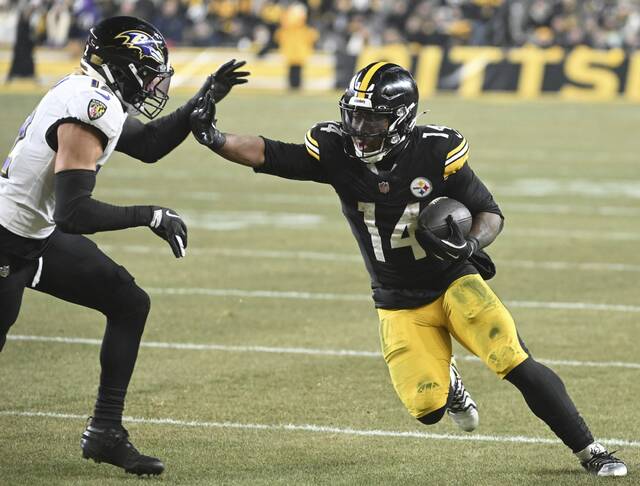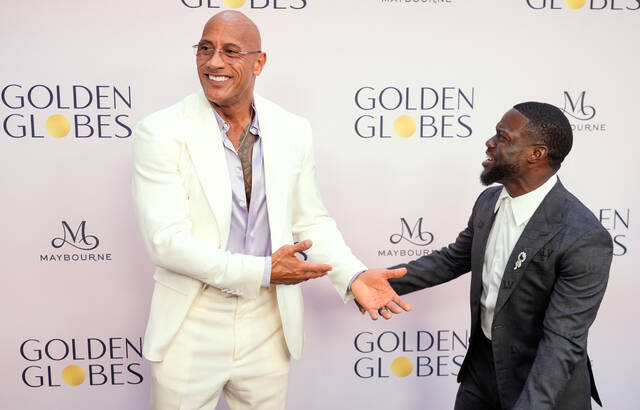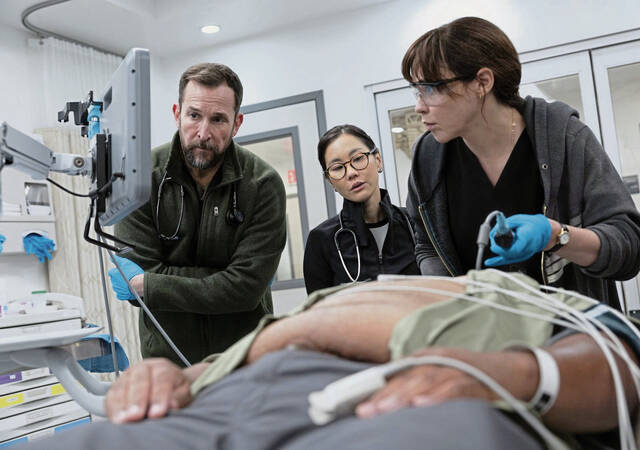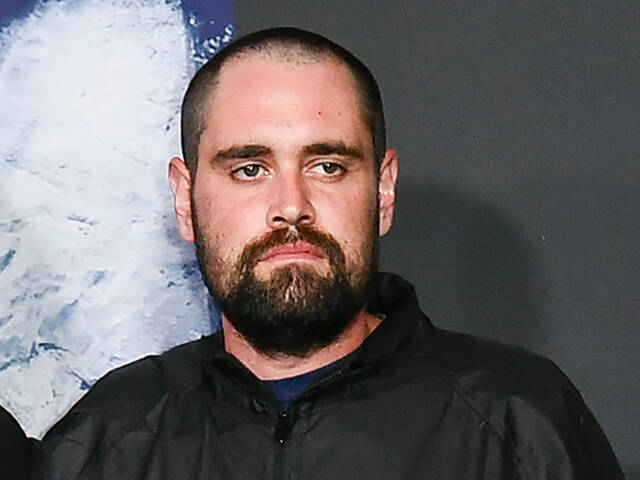Trib Total Media TV writer Rob Owen offers a viewing tip for the coming week.
Netflix’s new series “Griselda,” streaming Thursday and starring Sofia Vergara (“Modern Family,” ex- of Mt. Lebanon native Joe Manganiello), tells a fictionalized account of the real queenpin Griselda Blanco, who led a powerful drug cartel in Miami in the 1970s and 1980s.
The six-episode series was created by Eric Newman, showrunner of Netflix’s popular “Narcos” and “Narcos: Mexico.” The first two “Griselda” episodes feature many of the elements one would expect from a drug runner show as Griselda (Vergara) moves with her children from Colombia to Miami, on the run from an abusive husband. Griselda, after promising her travel agent friend she’s out of the drug trade, immediately dives back into the illegal business, even as Griselda’s friend warns her it will come to a bad end.
“Griselda” follows in the tradition of “Narcos,” but also has the same illegal drug-running backdrop featured on “Breaking Bad” and to a lesser degree in shows like “The Sopranos” and “Sons of Anarchy.”
“You’ve got the built-in, automatic drama of life and death situations … and most of the people involved are not worrying about (whether they are) killing other people,” said pop culture expert Robert Thompson, founding director of the Bleier Center for Television and Popular Culture at Syracuse University. “It can join cops, doctors and lawyers as one of the major genres that you’re not going to have to dig very deep to get drama.”
Viewers watching may not relate to characters who operate as drug dealers specifically, but they probably can identify with their motivations and/or weaknesses more generally.
“Everybody has some experience with this. If not with people they have known and loved, then in some ways in their own bad habits — my diet, my lack of exercise. You’re almost shouting at your own screen, ‘Don’t do that, it’s not gonna end well,’ and then you do it anyway,” Thompson said. “Drugs and the idea of addiction — the idea that it trumps all rationality — in many ways what the scientific phenomenon of addiction and substance reliance produces is bad decisions.”
That inevitability of bad decisions — and some viewer’s schadenfreude enjoyment of it — is a through line found in a fair number of contemporary TV shows, not just drug dealer or mob dramas but even comedies like HBO’s “Curb Your Enthusiasm” (returning for its final season Feb. 4), Showtime’s “The Curse” or even Lisa Kudrow’s “The Comeback.”
“Watching people make the wrong choice gets to the more basic instincts of what can be a really pleasurable experience for us to watch,” Thompson said, citing the cringe-inducing comedy of Kudrow’s series about a washed-up sitcom star’s attempt to remain relevant. “Cringe doesn’t even quite get into the complexity of both the pain and the pleasure of watching somebody else — who is not us — do the kind of thing that would absolutely mortify us if it was happening to us.”
Thompson said he’s currently a fan of “The Curse,” which features a young couple (Emma Stone, Nathan Fielder) whose self-destructive tendencies compound week after week as they present themselves as allies — to the largely Hispanic population of their town, to an Indigenous artist — only to repeatedly reveal themselves as wildly self-interested people who use the population they purport to help for their personal gain.
“We’ve all at least flirted around the edges of those kind of experiences,” Thompson said. “Seeing it writ large and squared and cubed may not appeal to the most noble part of the human spirit, but I think it’s a very human thing to get pleasure in watching that play out when we are in no danger. It’s like going to a haunted house: We may have that primal fear but you know you’re not really going to die.”
Thompson acknowledges there’s no objective measure of what’s too uncomfortable for viewers (“it depends on our own biographies; what we’ve experienced and our own degrees of empathy — if we’re really empathetic, I think these things can be really hard to watch — and our own sense of vulnerability”) but the streaming era’s tolerance of shows with a smaller, less broad viewership allows series’ writers to continue to push the limits of viewer comfort.
As for “Griselda,” whether it’s worth watching will depend on that personal level of tolerance for bad things happening to an anti-heroine who makes bad choice after bad choice.
It does help that “Griselda” adds another element — an escape valve of sorts — in its second episode: June Hawkins (Juliana Aidén Martinez), the first woman intelligence analyst in the Miami police department. She suspects there may be a violent female drug dealer in Miami but June’s male superiors initially blow off her concerns. Her presence gives viewers a character to root for when Griselda’s bad choices — and the bodies of her victims — pile up.











